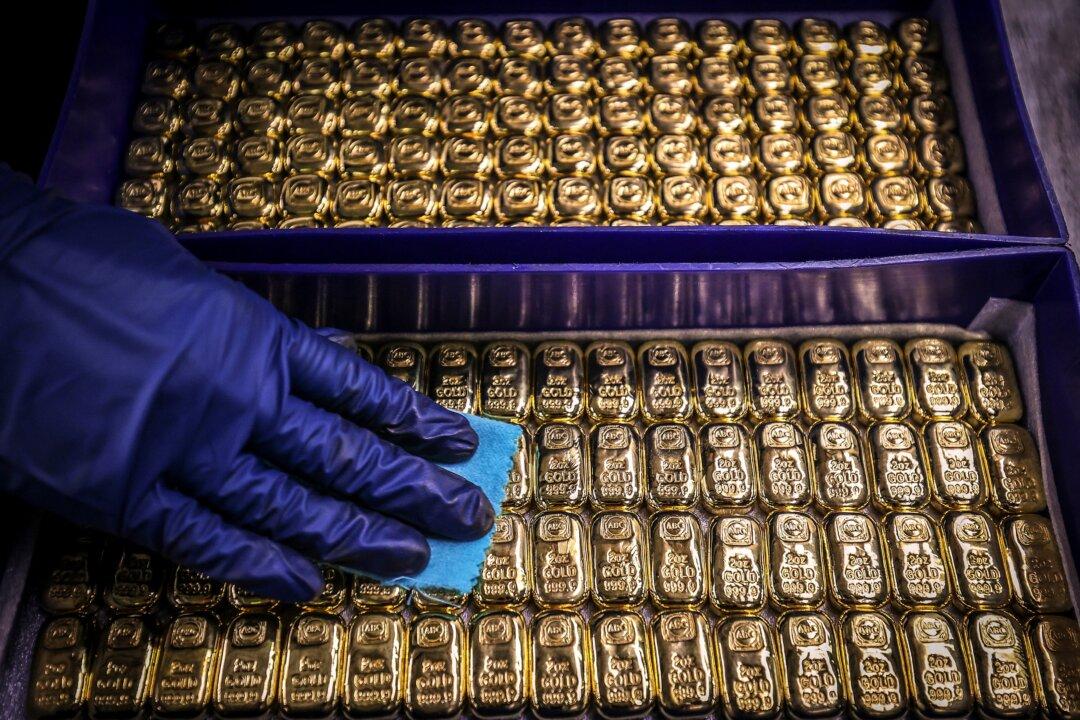For some economists, the decision of retailer Costco to begin selling one-ounce gold bars is a puzzling one, given that the precious metal’s role in the global economy has been on the downtrend for several decades.
Mario Seccareccia, an economics professor at the University of Ottawa, told The Epoch Times that he doesn’t think it’s a wise decision for people to be buying the gold bars.





